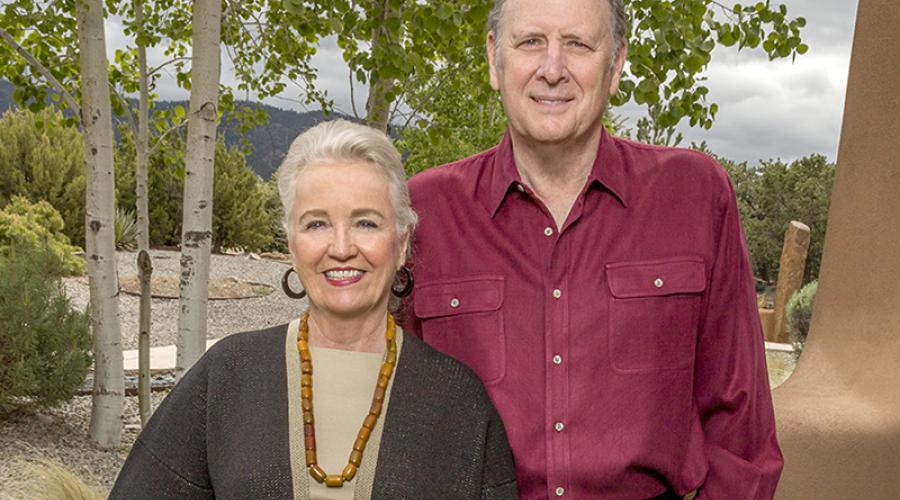
Innovation
The Myron and Janice Roomkin Innovation Fund will support projects related to workers, unions, organizations and society, and continue ILR’s response to the changing nature of work and workers.
"This gift will support ILR’s capacity to innovate in curriculum development, research and service, allowing the school to remain a leader in the field of work and employment,” Myron Roomkin ’67 said.
“It goes back to a lesson I learned when I was a dean,” Roomkin said, referring to his career as an academic, teaching employee relations and human resources management at the University of Chicago, Northwestern University, American University and Case Western University.
“One of the hardest things you face as a dean is when a person comes into your office with a good idea and you can’t do anything about it — it’s not in the budget,” said Roomkin, who served as dean of the American and Case business schools.
“But, you want students and faculty who are willing to take risks. To promote risk, you have to fund it — that’s what we wanted to do,” he said.
Janice Roomkin, whose career was as an architect, joined in the gift made this year, stating she, too, recognizes the leading role of ILR in addressing some of the most important social and economic issues of our time.
Myron learned about unions, labor and work at an early age.
Raised in Queens, where his father was a member of the International Brotherhood of Electrical Workers, Roomkin worked summers on union construction jobs.
A full scholarship to ILR from the Joint Board of the Electrical Industry of New York allowed him to study important, real-world issues from a multidisciplinary perspective, he said.
He points to Professors Robert Raymond and Eric Polisar as faculty who influenced his growing career interests in work and employment.
Raymond was one of the original data-based labor economists who taught a seminar for seniors that was an empirical study of labor markets.”
“The other side of the coin was Eric Polisar, who was a practitioner before he was an academic. He taught the collective bargaining class and spent many of his weekends in New York City helping to organize and bargain contracts for hospital workers.”
“Polisar was the total opposite to Raymond, coming into class and talking about the actual nitty-gritty of negotiations.”
The combination of the very practical and the very theoretical, according to Roomkin, “really excited me and pushed me to go forward with a career in the world of work as both a teacher and an active participant.”
Following Cornell, he received a doctorate degree from the University of Wisconsin. In tandem with much of his academic career, Roomkin has also served as a labor arbitrator and consultant on human resource management policies and practices.
For 25 years, he has crafted and collected sculpture art inspired by the world of work, a world that has given him a deepened perspective of ILR’s role.
“As a long-time student of industrial and employment relations, I have seen how the ILR School has redefined and broadened its strategic focus over the years.”What sets ILR apart from similar institutions, past and present, is its ability to adapt, Roomkin ’67 said.
“It has managed to successfully survive because it has changed with the times. So there is a success here in making these adaptations to the changing nature of the world and work and society in general, and that’s what we want to support."


